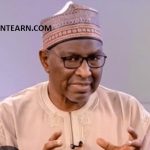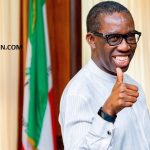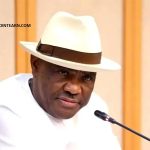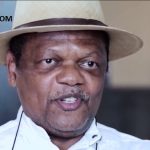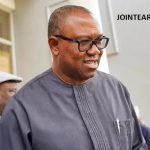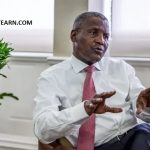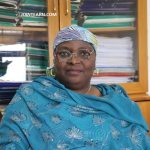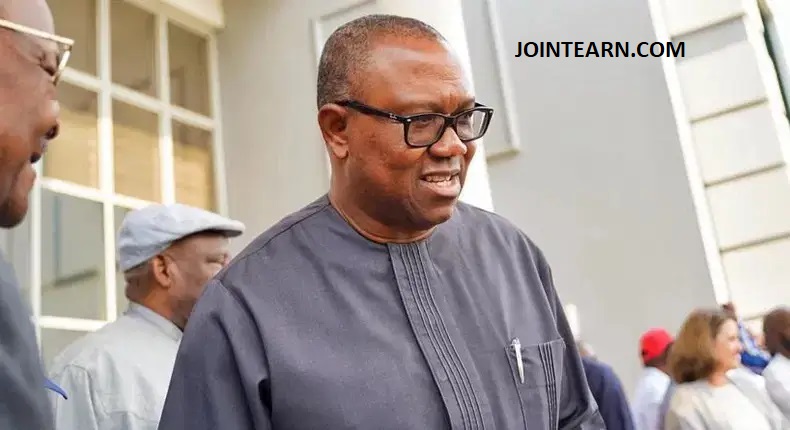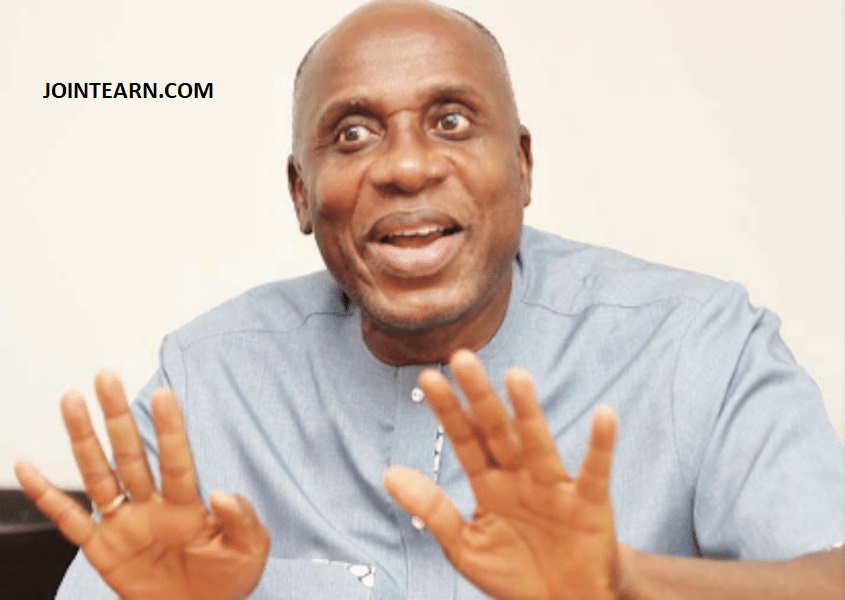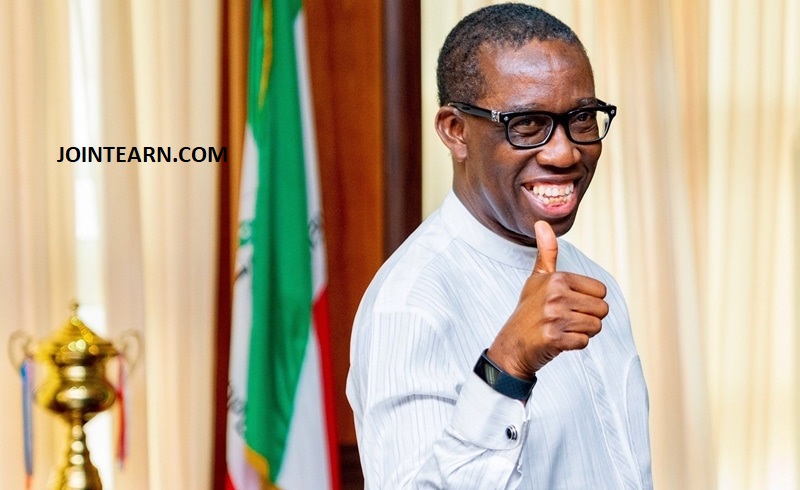Peter Obi, the former governor of Anambra State and 2023 presidential candidate, has alleged that the Nigerian government is paying youths to attack and discredit those fighting for the future of the country’s younger generation. Obi, speaking at a recent event, expressed his deep concerns over the increasing trend of misinformation and targeted attacks on individuals and groups advocating for change in Nigeria’s political system.
In a passionate address, Obi suggested that the authorities were using financial incentives to manipulate youths into undermining genuine political efforts aimed at securing a better future for the country’s youth. The Labour Party leader’s remarks have ignited discussions about the role of youth in Nigerian politics and the ongoing battle for political reform in the country.
Allegations of Government Manipulation
Peter Obi accused the Nigerian government of exploiting the vulnerability of many youths by offering them ₦20,000 to spread propaganda against those who stand for the future of Nigeria, especially those advocating for transparency, good governance, and political reform. He stated that this practice was a tactic designed to create division and confusion among the population, particularly among the youth, who form a large percentage of the electorate.
“I have information that some of our youths are being paid ₦20,000 to abuse and attack those of us who are fighting for their future. It’s sad, but it’s the reality we are facing,” Obi told his audience. “These youths don’t understand that they are being used as pawns in a game that will ultimately harm their future. Instead of supporting those who are working hard to change the system for the better, they are being manipulated to tear down the very people trying to bring about progress.”
Obi’s comments were made in the context of the broader struggle for political and economic reforms in Nigeria. The former presidential candidate expressed disappointment that some of the youth, instead of joining forces with leaders advocating for their welfare, were instead aligning with those whose actions have perpetuated the country’s economic challenges.
The Role of Nigerian Youth in Politics
Peter Obi has long been an advocate for the Nigerian youth, emphasizing the importance of engaging young people in the country’s political processes. In his presidential campaign, Obi consistently highlighted youth unemployment, poor education, and the need for youth inclusion in decision-making processes. For Obi, the youth are central to the future of the nation, and it is crucial that they are not only given opportunities for employment but also empowered with the right education, skills, and political agency.
However, the challenge, according to Obi, lies in the deliberate attempts to discredit efforts by politicians and activists who are attempting to shift the narrative and bring about the change that young Nigerians need. “This is not just a battle for power; it’s a fight for the future of our youth. If we don’t change the system, we risk condemning an entire generation to failure,” he warned.
Obi’s statements underscore the growing frustration among many Nigerians, particularly the younger demographic, who feel alienated by the political system and disillusioned with the promises of the political elite. Despite these challenges, Obi continues to stress that the youth should not be swayed by short-term financial incentives but instead should focus on long-term goals that prioritize the development of the country.
Youths as Agents of Change
The role of Nigerian youths in shaping the country’s political future is pivotal, and Obi is not alone in his belief that the youth can be a powerful force for change. From the #EndSARS movement to the 2023 elections, young Nigerians have shown their ability to mobilize, organize, and demand accountability from their leaders. However, there is also a concern that the youth’s influence has been compromised by those who offer material rewards in exchange for loyalty and support.
Obi’s statements reflect the broader view that the Nigerian government and political actors need to focus on creating an environment where the youth can thrive and contribute positively to national development. Instead of paying young people to attack political opponents, Obi advocates for policies that invest in education, job creation, and social welfare programs that would empower the youth to make informed political choices and actively contribute to the country’s progress.
“There’s no need for our youths to be used as tools of destruction,” Obi said. “They should be part of the solution. The future of Nigeria lies in their hands, and they must rise above manipulation and make decisions that will serve their long-term interests.”
The State of Youth Unemployment in Nigeria
One of the core issues raised by Obi is the rampant youth unemployment in Nigeria, which remains a significant challenge for the country. According to recent statistics, over 60% of Nigerian youths are unemployed or underemployed, leading to widespread poverty, frustration, and a lack of hope for the future.
This dire situation has made many young Nigerians vulnerable to exploitation by political actors. The promise of ₦20,000, though modest by today’s standards, represents a significant amount for many youth struggling to make ends meet. However, Obi warned that these short-term financial gains could come at the expense of long-term empowerment and progress.
In his speech, Obi reiterated that the solution to Nigeria’s youth unemployment crisis lies in creating an economy that prioritizes the youth. He pointed to the need for a robust educational system, vocational training, access to credit, and policies that promote entrepreneurship as ways to equip young Nigerians with the skills and opportunities they need to succeed.
The Call for Accountability
While expressing frustration at the misuse of youths in political campaigns, Obi also called on the Nigerian government to take responsibility for the economic situation that has led to the exploitation of young people. He accused the government of failing to create an environment where young Nigerians can realize their full potential, leading to the rise of political opportunists who prey on their desperation.
“It is the failure of the system that has made these youths vulnerable to manipulation,” Obi said. “The government has not done enough to create opportunities for young people, and instead of addressing the real issues, they have chosen to distract and divide us.”
Conclusion
Peter Obi’s remarks about the payment of youths to discredit those fighting for their future highlight the ongoing struggle for political and economic reform in Nigeria. The vulnerability of young Nigerians, exacerbated by high unemployment and economic instability, makes them easy targets for manipulation by those in power. However, Obi’s call for unity, empowerment, and responsible leadership offers hope for a brighter future where the youth can be part of the solution rather than being pawns in a political game.
As Nigeria approaches future elections and continues its journey towards a more inclusive society, the need for genuine efforts to address youth unemployment, education, and political participation has never been more urgent. For Obi and many others, the fight for Nigeria’s future is a fight for the youth—who deserve more than just ₦20,000 to safeguard their future.
